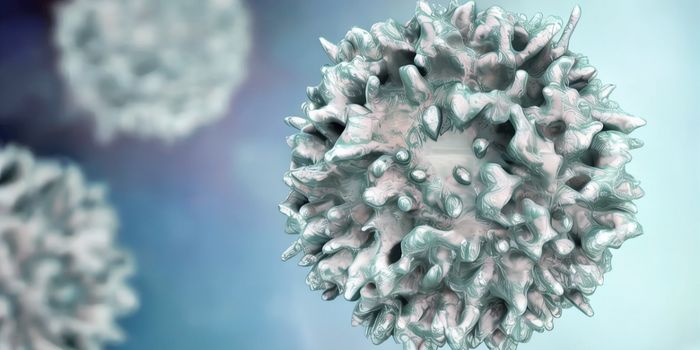Doctors Identify a Case of HPV-Driven Skin Cancer
A case report recently published in the New England Journal of Medicine (NEJM) presents a previously unknown cause of skin cancer: human papillomavirus (HPV). While HPV has previously been linked to malignancies, including head and neck and cervical cancers, this is the first report of a connection between HPV and skin cancer.
The report describes a case of cutaneous squamous cell carcinoma (SCC), a cancer that develops in the epidermis and, when found before spreading, is rarely deadly. SCC forms when damaged DNA accumulates in the skin, generally caused by exposure to ultraviolet light, either natural (from sunlight) or artificial (for example, from a tanning bed).
HPVs infecting the skin likely play an indirect role in the development of cancer, as experts believe they facilitate the accumulation of damaged DNA in the skin. In this role, HPV can help promote the early stages of cancer, but no research has ever identified a direct role.
The case report describes a 34-year-old woman with invasive cutaneous SCC with a history of HPV-related infections. Doctors detected HPV19 in the genome. The cancer-driving mutations caused by the virus occurred in the gene coding for ZAP70. This protein regulates adaptive immunity, the branch of the immune system that reacts when a foreign substance, like a cancer cell, is encountered. The adaptive immune system includes T cells, the immune cells that identify and kill foreign cells, and thus, play a crucial role in combating cancer.
One specific role of ZAP70 involves the function of the T-cell receptor (TCR), the protein complex present on T cells that binds to antigens on cancer cells. Once a TCR engages with a tumor antigen, the anti-tumor immune response can initiate. In the patient in the current case study, doctors believed the deficiency of ZAP70 made the patient immunodeficient. The patient underwent surgical resection of the cutaneous SCC lesions. A lesion that recurred on the patient’s forehead remained resistant to several surgeries and immunotherapy.
Further characterization of the recurrent SCC appeared invasive and at high risk for metastasis. The patient then underwent a hematopoietic cell transplant (HCT). This procedure involves the transfer of hematopoietic stem cells, the immature cells that develop into immune cells, from a donor to a recipient patient. If successful, the transferred cells will reconstitute the recipient’s immune system with functional cells.
In this case, the HCT aimed to correct the ZAP70 deficiency in the patient. Indeed, the HCT restored TCR signaling functionality in the patient. Further, the “new” immune system helped resolve all HPV-related diseases in the patient.
The ability to restore immune function by eliminating HPV-driven mutations demonstrated, for the first time, a direct role of HPV in the development of skin cancer. This study uncovers a risk factor for individuals with defective adaptive T-cell responses infected with HPV, and provides rationale for further research aimed at developing new treatment approaches.
Sources: NEJM, Br J Cancer, J Obstet Gynaecol, Semin Immunopathol









